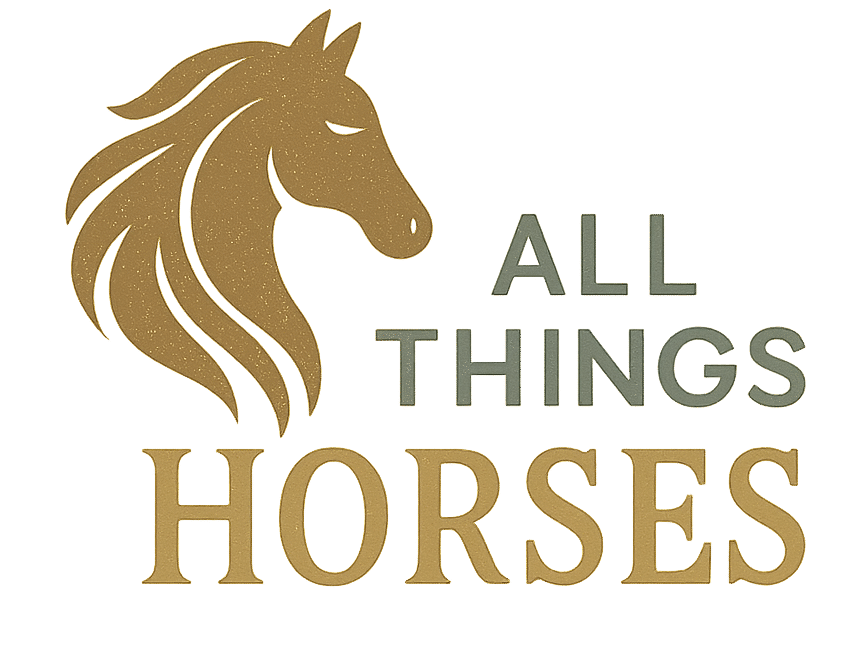Equine health management covers a wide spectrum, from the daily details of what horses eat to how they’re cared for during sickness, injury, or those golden years. Keeping horses healthy requires steady effort, smart routines, and a bit of know-how about popular risks and tips for better care. I’m here to walk you through the real-life basics with some practical details for anyone who wants to help their horses thrive.

Understanding the Foundations of Equine Health Management
Equine health management now takes center stage in the horse world, and it’s just as important for pasture companions and family pets as it is for seasoned competitors. A good routine helps prevent illness, keeps a horse’s performance steady, and ensures horses’ happiness and comfort. While the global equine industry is worth billions, what matters most on a daily basis is the basic stuff: clean water, healthy food, shelter, hoof care, and consistent routines.
Horses have gone through their own kind of glow-up: from wild grazers to trusted partners in home, work, and play. Their core needs, though, haven’t really changed. Nutrition, comfortable shelter, movement, and hands-on care all join forces for strong health. Thanks to ongoing research—especially about diet, disease, and treatments—owners now have more ways to keep horses in excellent shape than ever before. For those ready to jump in, there’s never been a better time to track down knowledge and resources.
The Essentials of Daily Horse Care
Daily routines are the foundation of equine health management, and there’s so much more to this than just tossing out some hay. Horses rely on routine, consistency, and fast action when something feels off. Here’s what I focus on every single day:
- Fresh Water: Horses can drink ten gallons or more a day, sometimes much more when it’s hot. Clean buckets, automatic waterers, or troughs are your friends to make sure nothing gets stale or polluted.
- Quality Feed: For most horses, regular grass and hay work wonders; grains and supplements come in only if necessary. I always pay attention to body condition: ribs shouldn’t poke out but you shouldn’t have to dig for them, either.
- Shelter and Comfort: Shade during summer, windbreaks for cold months, and dry areas away from the elements keep horses less stressed and healthier all year round.
- Regular Movement: Horses are born to move. Daily turnout in safe paddocks or time under the saddle does wonders for their digestion, overall fitness, and state of mind.
- Hoof Care: A trim every 6-8 weeks is a must. Skipping trims risks cracks, discomfort, and lameness that are always better avoided.
- Daily Checkups: I look over each horse every day, keeping an eye out for cuts, swelling, runny eyes, or unusual behaviors. Early action makes a difference if something pops up.
Quick Guide to Good Equine Health Practices
Putting together a solid health plan for horses boils down to some clear, practical steps. Here’s what I keep in mind, whether I’m working in my own barn or helping others:
- Routine Vet Schedule: Annual shots, dental exams, and scheduled deworming clear up most common problems before they even start.
- Work with a Farrier: Mark trims on your calendar so you don’t end up with overgrown or cracked hooves.
- Balance Nutrition: Find the right diet for each horse based on age, workload, and health needs to prevent both weight and nutrition problems.
- Watch for Behavioral Changes: Sometimes the first clue of colic or injury is a shift in the way a horse acts. Not every problem is visible straight away, so staying alert helps.
- Keep Facilities Clean: A tidy barn or pasture leads to less dust, fewer parasites, and a safer, more pleasant space for everyone.
Simple daily routines can cut your vet expenses and up the quality of life for your horses. With good habits, prevention often becomes the best medicine.
Common Challenges in Horse Health Management (And How to Handle Them)
Even with attentive care, horses face familiar hurdles. These are especially important to keep in mind, with tips on how I handle each:
- Colic: Maybe the scariest issue for horse owners. Keeping an eye out for early signs (like rolling or suddenly skipping meals) and calling for help quickly is the key move.
- Lameness: Shows up as limping, slow moves, or even more subtle changes. It pays to check daily, act fast, and team up with your vet or farrier when things look off.
- Parasites: Deworming based on fecal egg counts, not just fixed schedules, helps avoid resistance. Clean turnout and rotated pastures lower worm problems.
- Dental Issues: Uneven teeth mean discomfort, possible weight loss, and dropped feed. Horses should get a dental exam at least every year.
- Obesity or Underweight Horses: Both happen all the time. Adjust diet and turnout, and consider possible health issues like Cushing’s or ulcers if things don’t improve.
Colic and Digestive Upsets
Colic covers a range of gut issues, from mild bloating to problems that require surgery. Risks go up with sudden feed switches, not enough water, stress, and sometimes pure luck. Keeping routines steady and avoiding too much grain both cut risk. If you spot something off, call your vet right away. Fast response can be the difference-maker for recovery.
Lameness and Mobility Issues
Lameness can’t always be prevented, but catching it early is possible by noting changes in how a horse moves or acts. Keep up regular shoeing, provide level ground, and act quickly if there’s heat, swelling, or a cut. These quick moves make all the difference.
Parasite Control
Old advice promoted monthly deworming for all, but now the smart route involves testing and tailoring. Using fecal egg counts tells you which horses need treatment. Cleaning up manure and rotating pastures also cut the number of worms each horse can pick up.
Good Dental Care
Horse teeth never stop growing, so sharp points, hooks, or missing teeth can become a problem fast. Regular dental checks and floating keep mouths pain-free. If you notice a horse dropping hay or losing weight, get a dental check soon.
Each of these challenges is easier to handle if you have a smart daily routine, check on each horse regularly, and have go-to professionals nearby.
Advanced Tips for Proactive Horse Care
Getting ahead of problems is where horse care really shines. Here are some strategies worth putting to work if you’re ready to take things up a notch:
Track Health Data: Keep a notebook or try a phone app with details like vaccines, worming dates, and weight. This habit helps you spot patterns, catch health problems early, and keep everything on track for each horse.
Adjust Diets for Different Needs: Hard-working horses, pregnant mares, or seniors each have unique nutrition requirements. Review each horse’s diet as seasons change to avoid sudden weight swings or nutrition gaps.
Switch Up Pastures and Manage Grazing: Rotating your horses between fields lets stressed-out grass recover, offers better footing, and reduces parasite build-up. This technique pays off with stronger grazing and less disease.
Invest in Preventive Vet and Farrier Care: Spending a little more upfront for vaccines, dental work, and regular trims can mean fewer emergencies and a lot less stress down the road.
Build a Trusted Vet Relationship: Make the effort to get to know your vet. With a solid partnership, you’ll have someone to call for advice or emergencies, not just for routine shots or emergencies you didn’t see coming.
Common Questions about Equine Health Management
Here are a few frequently asked questions when people are thinking about keeping horses healthy:
Question: How often should I have my horse seen by a vet?
Answer: Most horses should see the vet at least once a year for routine checkups, vaccines, and dental care. However, any new limp, weight change, or behavior shift should prompt a quicker call.
Question: What’s the best way to feed my horse?
Answer: Highquality hay or pasture should always come first. Add grains and supplements only as needed for workload, age, or special issues. Keep portions steady and avoid sudden changes to help prevent colic or digestive upsets.
Question: How do I know if my horse is the right weight?
Answer: You should be able to feel some ribs with gentle pressure, but not see them. Weight tapes, body scoring charts, and the advice of an experienced vet help fine-tune your feeding plan.
Making Equine Health Management a Daily Habit
Keeping a regular care routine brings peace of mind to both horse and owner. It starts with consistent feeding, tidy stables, good records, and building solid relationships with your local horse pros. Whether you’re looking after a single pony or running an entire barn, getting the basics right paves the way for healthier, happier horses each and every day.
Every horse is unique, so stay curious and open to learning new things. Listen to what your horse tells you, and don’t be afraid to try out new ideas and adapt your routines. When you take an active role in your horses’ care, it helps them not just survive but thrive. And in the end, that’s what true equine care is really all about.
